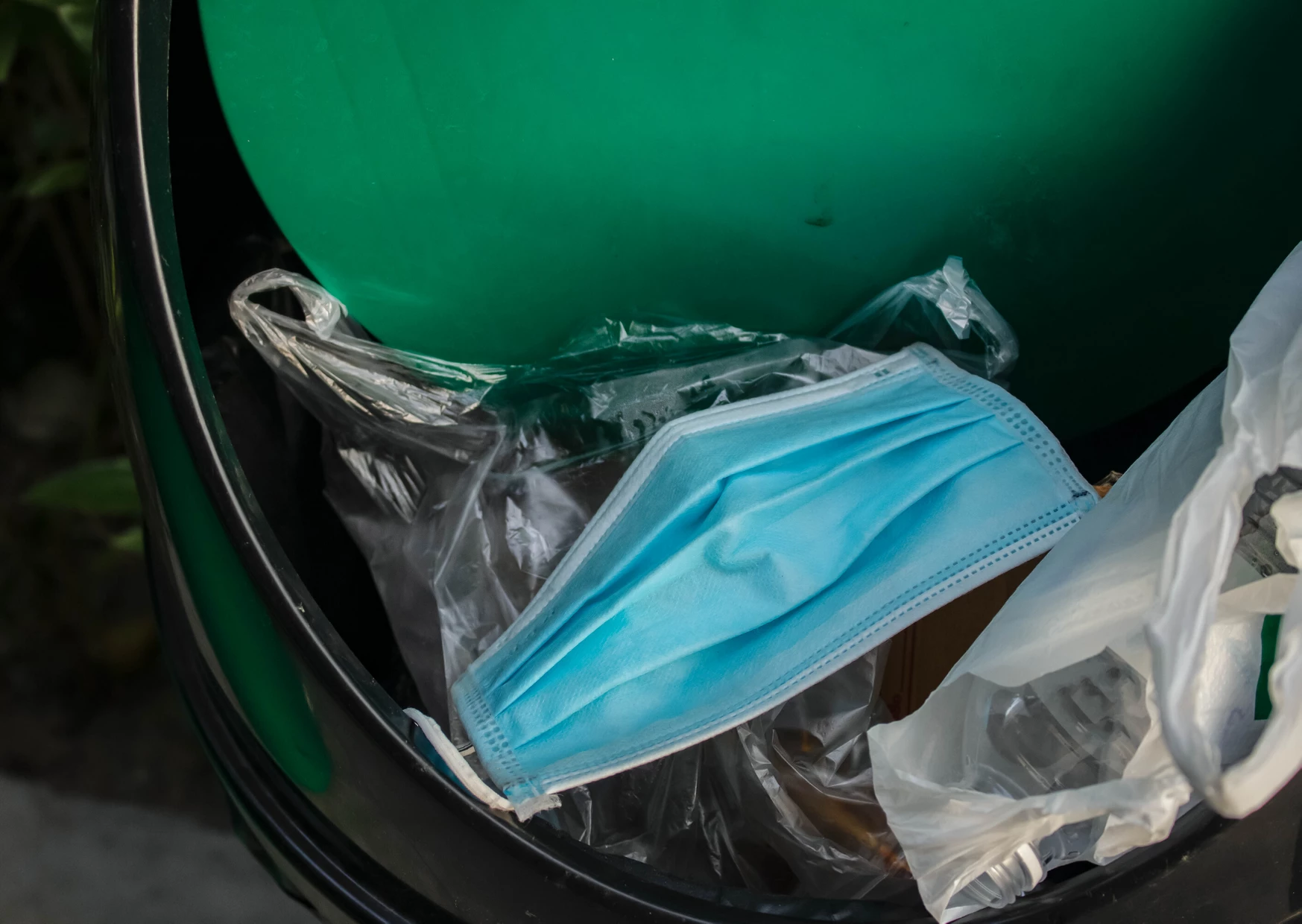
Partner Article
What Lifting Lockdown Means For Business Waste
Businesses across the United Kingdom may face waste worry as lockdown measures begin to be lifted and new ways of working are put in place.
This week, the Government has started to ease restrictions in order to kickstart the economy and take the first tentative steps towards normality, but despite some businesses reopening their doors, it is far from business as usual.
Local traders and multinationals alike are scrambling to adapt to a new normal, with many required to make wholesale operational changes in order to meet the strict guidelines set to protect the wellbeing of both employees and consumers.
The steps which are outlined within the Government’s five-point plan on how to safely return to work provide many with fresh challenges and considerations to navigate in a post-lockdown reality.
This new way of working and interacting is likely to become ordinary for some time, with caution needed to be exercised as long as the threat of reinfection exists, and a vaccine does not.
Although waste needs may seem like an afterthought on an endless list of new concerns, one of the greatest challenges facing all businesses will be how to implement a cost-effective, safe and green waste management strategy.
There are a range of solutions available to businesses to ensure they can hit the ground running and avoid the various waste-related pitfalls intertwined with a post-COVID-19 restart.
Whether they require an emergency collection upon re-opening or operational changes will lead to different disposal demands, using a waste management business can take the worry out of waste.
The new hazardous waste problem?
An integral thought for reopening and readjusting businesses is how to safely dispose of waste which could be hazardous.
Hazardous waste is classed as any waste product that has considerable or potential risks to public health or the environment.
Therefore, businesses that opt to use personal protective equipment will need to ensure the safe disposal of used face masks, gloves and so on.
The single-use nature of most PPE will see many businesses discarding large quantities of potentially contaminated equipment.
Direct contact establishments such as hairdressers, massage and tattoo parlours, beauty salons and therapists face the greatest threat of a PPE pile-up.
One solution on offer to assist with the safe disposal and accumulation prevention of any protective equipment is a hazardous waste collection plan.
Businesses can select from several different hazardous waste containers to suit specific needs, and receive an integrated collection, recovery and disposal service which focuses on safety and environmental compliance.
The latest advice on the segregation, storage and collection of hazardous waste is also readily accessible to assist businesses with what is likely to be a new, daunting stream of rubbish.
If those traversing the new guidelines require emergency pick-ups, whether due to renovations, clear-outs or coronavirus fly-tippers, it is possible to organise skip-hire for larger scale, one-off waste demands.
Separate waste to effectively cut costs and leave a green footprint
While Covid-19 has presented its own challenge, it has also served to magnify those that existed before and will continue to exist after, with climate change a leading example.
Businesses looking to continue the environmental benefits seen throughout lockdown, or satisfy an ever increasing customer focus on sustainability and business transparency, can do so easily through waste stream management.
Separating waste into different streams, such as glass, dry mixed recycling, and food waste, can not only benefit the conscience but pockets too.
General waste disposal is the costliest method of getting rid of rubbish, with the Waste and Resources Action Programme (WRAP) advocating the financial rewards of taking steps such as separating food waste.
WRAP reported businesses have saved up to £100 a month simply by using a food waste caddy, and the increased focus and awareness on the amount of waste being produced by a business is often the first step to reducing it.
Although many businesses have faced unimaginable hardships throughout the turmoil of lockdown, community and collectivism have prevailed.
CheaperWaste aim to extend a helping hand as the United Kingdom warily opens the doors into an uncertain future, taking the worry out of what we know best.
This was posted in Bdaily's Members' News section by CheaperWaste .
Enjoy the read? Get Bdaily delivered.
Sign up to receive our popular morning National email for free.








 Raising the bar to boost North East growth
Raising the bar to boost North East growth
 Navigating the messy middle of business growth
Navigating the messy middle of business growth
 We must make it easier to hire young people
We must make it easier to hire young people
 Why community-based care is key to NHS' future
Why community-based care is key to NHS' future
 Culture, confidence and creativity in the North East
Culture, confidence and creativity in the North East
 Putting in the groundwork to boost skills
Putting in the groundwork to boost skills
 £100,000 milestone drives forward STEM work
£100,000 milestone drives forward STEM work
 Restoring confidence for the economic road ahead
Restoring confidence for the economic road ahead
 Ready to scale? Buy-and-build offers opportunity
Ready to scale? Buy-and-build offers opportunity
 When will our regional economy grow?
When will our regional economy grow?
 Creating a thriving North East construction sector
Creating a thriving North East construction sector
 Why investors are still backing the North East
Why investors are still backing the North East